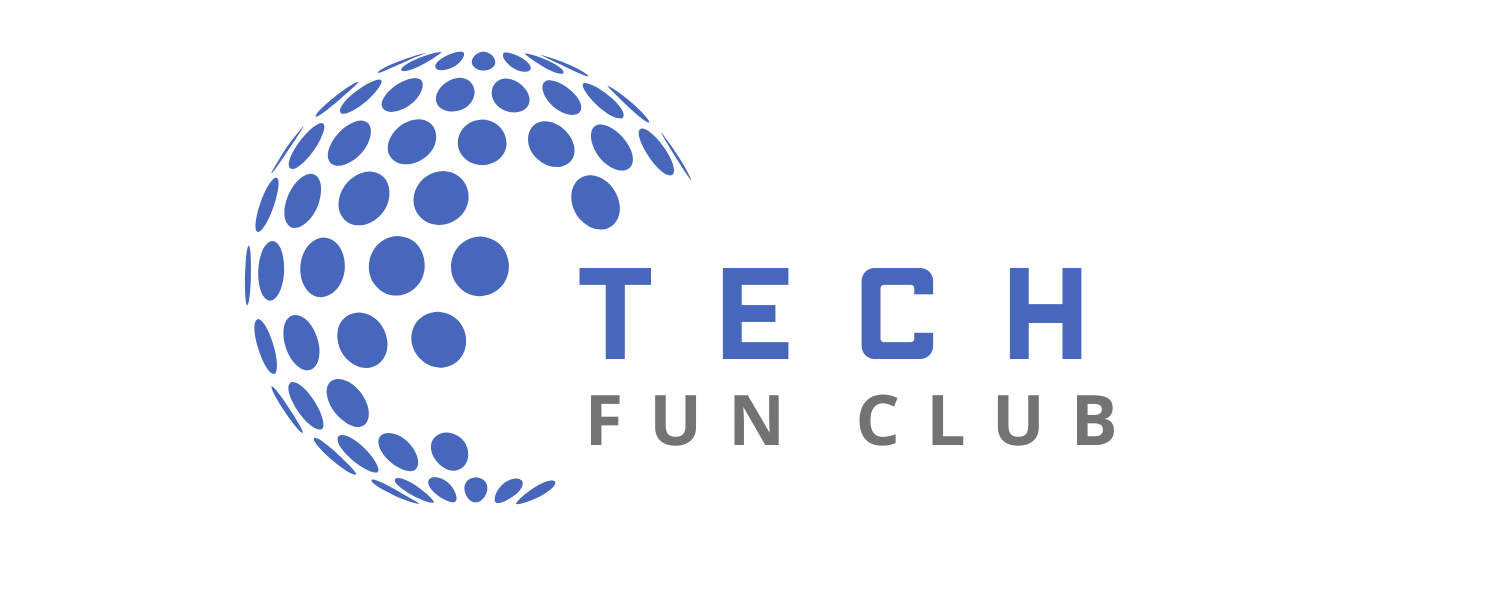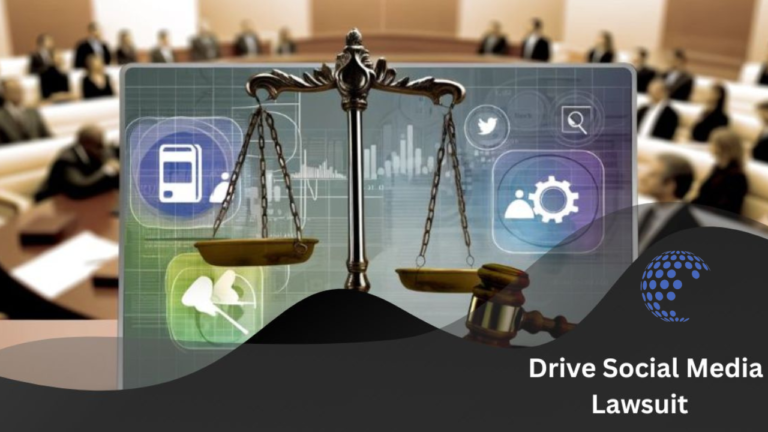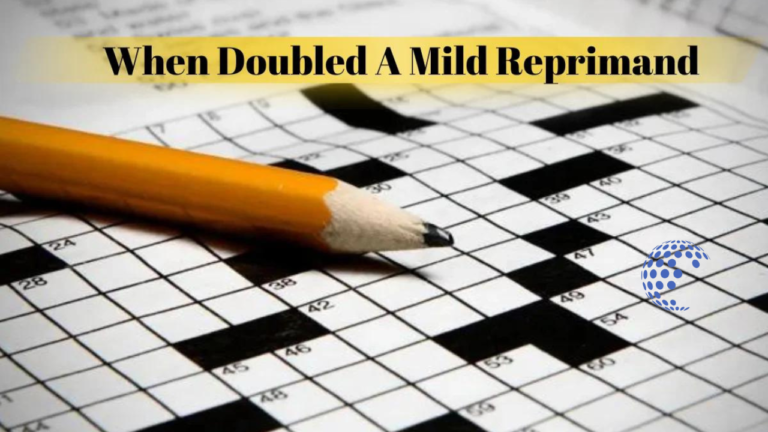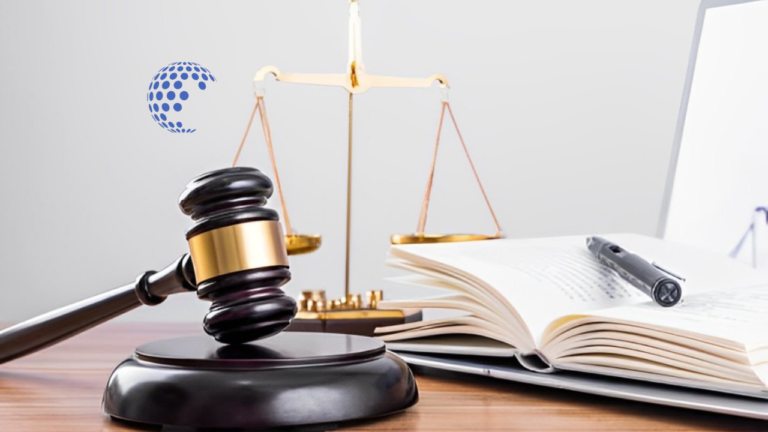Paul MacKoul MD Lawsuit: An Insight into Medical Professional Disputes
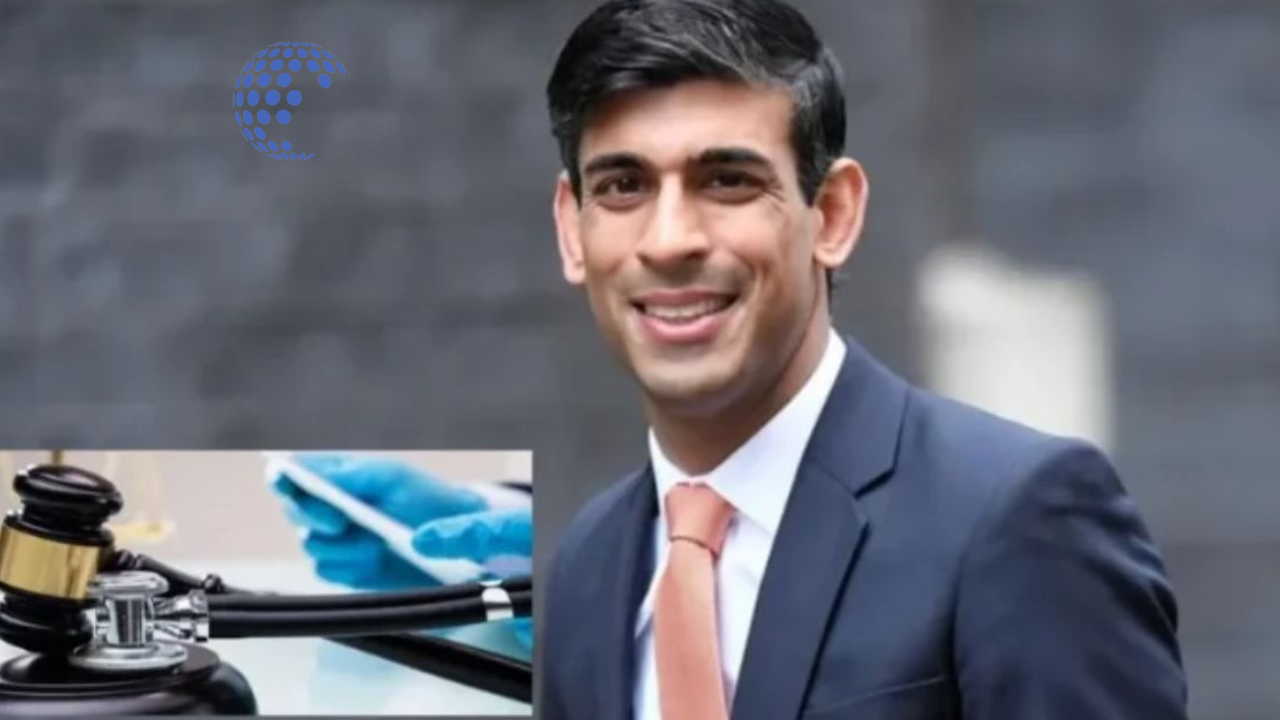
The medical profession demands high accountability and responsibility from its practitioners. Disputes or legal actions in the medical field can have far-reaching implications for the individuals involved and the broader healthcare system. One such example is the case of Paul MacKoul MD Lawsuit, who was involved in a lawsuit. In this blog post, we will explore the complexities of medical professional disputes, the impact of lawsuits on medical careers, and how to find reliable information on legal proceedings.
The Nature of Medical Lawsuits Involving Surgeons
Surgeons find themselves in a unique and challenging position regarding the risk of being embroiled in legal disputes. Due to their work’s intricate and often critical nature, any allegations of negligence or malpractice carry substantial weight. These legal battles can pivot around various concerns, from the outcomes of surgical procedures to the adherence to established standards of care. Even minor oversights can lead to significant legal scrutiny in the high-pressure surgery environment.
Legal proceedings against surgeons demand a thorough investigation into the technical aspects of the care provided and the decision-making process behind each surgical intervention. This level of scrutiny can unveil complexities that require expert testimony and detailed medical evidence to clarify. The consequences of these lawsuits extend beyond the immediate legal outcomes. They often prompt a deeper examination of surgical practices and protocols, potentially leading to systemic changes within medical institutions.
The personal and professional stakes for surgeons facing legal action are immense. The process involves a financial burden due to legal costs, potential settlements, and an emotional toll as the surgeon’s skills and judgment are questioned. This can affect their standing in the medical community and their ability to continue practising with confidence. Moreover, these lawsuits contribute to the broader discourse on patient safety and medical ethics, highlighting the delicate balance between risk and innovation in surgical care.
Understanding the Legal Process in Medical Disputes
Delving into the legal intricacies of medical disputes reveals a labyrinth of specialized procedures, laws, and terminologies that can overwhelm the uninitiated. The journey through these legal battles often begins with an initial complaint or allegation, setting off a series of steps that may include investigations, discovery processes, negotiations, and potentially a trial. Each phase is governed by strict deadlines and procedural rules designed to ensure fairness and thoroughness in examining the facts.
At the heart of many medical disputes is the process of discovery, where both parties exchange information, documents, and testimonies relevant to the case. This stage is critical, laying the groundwork for the arguments and defence strategies employed should the case proceed to trial. Expert witnesses, typically seasoned professionals in the medical field, are often called upon to provide insights into the standards of care, the nuances of medical procedures, and the potential deviations from accepted practices.
Mediation and arbitration offer alternative paths to resolving disputes outside the courtroom, providing a more private and potentially less aggressive environment. These options can expedite resolutions and reduce the financial and emotional strain on the parties involved. However, not all cases are suited to such resolution methods. Some may inevitably proceed to trial, where the matters are aired publicly, and a judge or jury makes a decision.
Navigating this complex process requires specialized legal knowledge and expertise, highlighting the importance of representation by attorneys well-versed in medical law and procedure. They play a pivotal role in guiding medical professionals through each step, ensuring that their rights are protected and that they fully understand the implications of the legal actions they are facing.
The Impact of Lawsuits on Medical Careers
Facing a lawsuit can profoundly alter the trajectory of a medical professional’s career, casting a long shadow even after the legal issues are resolved. The involvement in litigation, irrespective of the outcome, might tarnish a practitioner’s reputation, as the public and peers may perceive the professional differently. This alteration in perception can make it increasingly challenging for medical professionals to secure positions in prestigious institutions or even continue in their current roles without facing scrutiny or bias.
Moreover, the ramifications extend to practical aspects such as malpractice insurance. The costs associated with obtaining or renewing malpractice insurance can skyrocket, reflecting the increased perceived risk by insurance providers. In some instances, insurers may deem the professional too high of a risk, complicating finding coverage, which is indispensable for practising medicine.
Additionally, the emotional and psychological impact of lawsuits should not be underestimated. The stress and anxiety associated with legal proceedings can affect a professional’s performance and decision-making capabilities, potentially leading to further complications in their practice. This cycle can further exacerbate the situation, making it difficult for professionals to break free from the stigma of litigation.
These considerations underscore the necessity for medical professionals to seek legal representation and emotional and professional support during such tumultuous times. Navigating the aftermath of litigation requires a multifaceted approach to mitigate the impact on a professional’s career and personal well-being.
Case Study Examples Without Specifics
In exploring the realm of medical disputes through hypothetical case study examples, one might consider a situation where a patient experiences unexpected complications following a surgical procedure. Without delving into identifiable details, this example underscores the critical examination of post-operative care and whether the standards of care were met during the patient’s recovery. Another scenario could involve a dispute over the informed consent process, where the question arises whether a patient was adequately informed about a surgery’s potential risks and outcomes. These hypothetical cases highlight the importance of clear communication between medical professionals and their patients and the meticulous documentation of every step in the patient care process.
Further, imagine a case where a surgeon is accused of using an innovative but controversial technique that leads to an adverse outcome. This scenario brings to light the challenges medical professionals face when balancing the pursuit of advancements in their field with the risks inherent to novel treatments. Each of these examples illustrates the complexities involved in assessing the quality and appropriateness of medical care and the multifaceted nature of legal disputes in the medical sector. They emphasize the necessity for a rigorous evaluation of the evidence, the application of medical expertise in understanding the nuances of each case, and the legal principles that govern the resolution of such disputes.
Finding Reliable Information on Legal Proceedings
In the quest for factual details about medical lawsuits, prioritizing authoritative and credible sources is key. Court documents, which are public records, offer the most direct access to the specifics of legal cases, including any involving medical professionals. These documents outline the allegations, responses, and judicial decisions, providing a comprehensive view of a case’s legal landscape.
Additionally, reputable news outlets that adhere to journalistic standards of accuracy and fairness can serve as valuable resources. These organizations often provide analysis and context that can help the public understand the complexities of legal proceedings. It’s also advisable to consult specialized legal databases and websites where summaries and expert commentary on notable cases can be found. These platforms ensure that the information presented is scrutinized for reliability and relevance. Engaging with these sources ensures an informed perspective, free from the distortions or omissions that can accompany second-hand reports or speculative commentary.
Read More
The Role of Public Perception in Medical Lawsuits
The influence of public opinion in medical lawsuits cannot be understated. With the advent of the internet and social media, the details of a legal case can be disseminated widely and rapidly, often framing the narrative around a medical professional long before any official verdict is reached. This immediate and broad exposure can profoundly affect a professional’s reputation, regardless of the legal outcome. When a physician or surgeon is embroiled in litigation, the court of public opinion can sometimes render its judgment well ahead of the judicial system, potentially affecting patient trust and professional relationships.
This digital dissemination means that information—or misinformation—about the lawsuit is accessible to potential or current patients and colleagues, employers, and medical boards. The perception generated by such exposure can lead to preemptive judgments about a professional’s competence and integrity, which can be particularly damaging in the medical field, where trust is paramount. Thus, managing the narrative and proactively communicating one’s side of the story becomes crucial for those involved in legal disputes.
Engaging with the public and the media transparently and thoughtfully can help mitigate some of the negative impacts of widespread speculation and judgment. It allows the professional to maintain control over their personal and professional narrative. Additionally, offering clear, factual information can aid in preserving the professional relationships and public trust essential to a successful medical career. Balancing privacy and transparency, while challenging, is vital in navigating the delicate intersection of legal proceedings and public perception in the healthcare industry.
